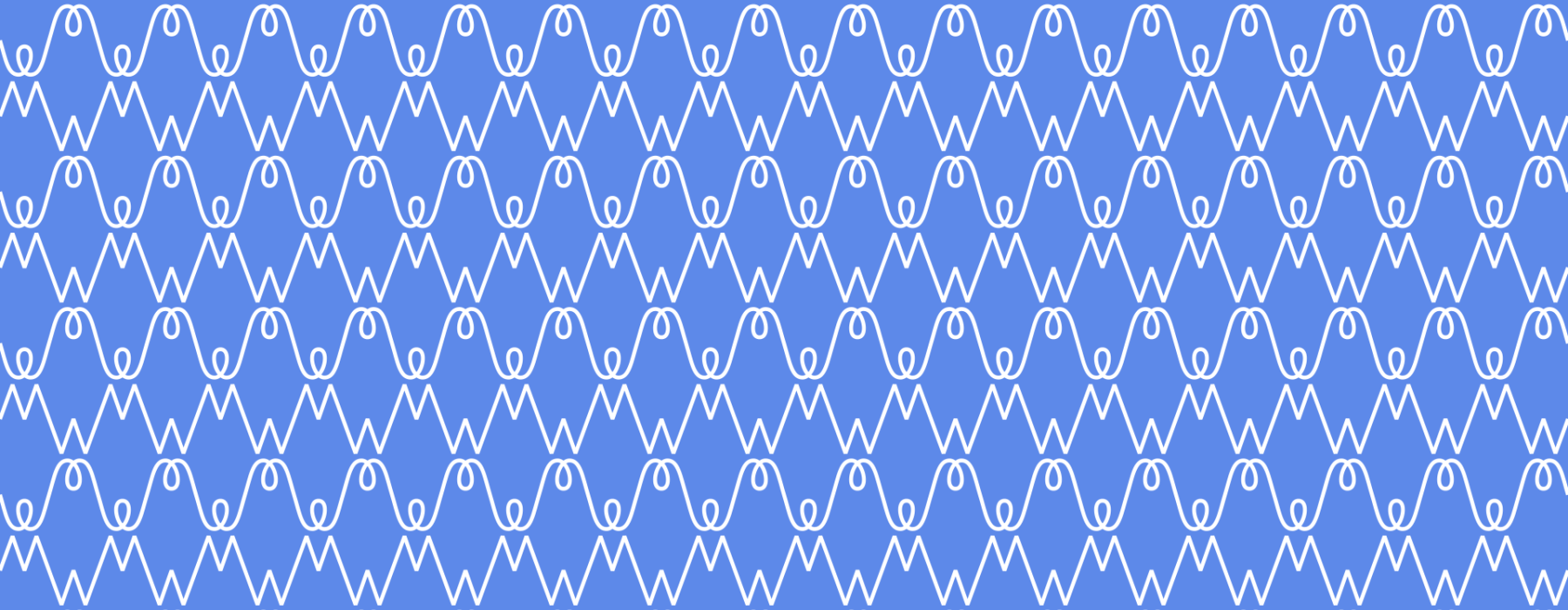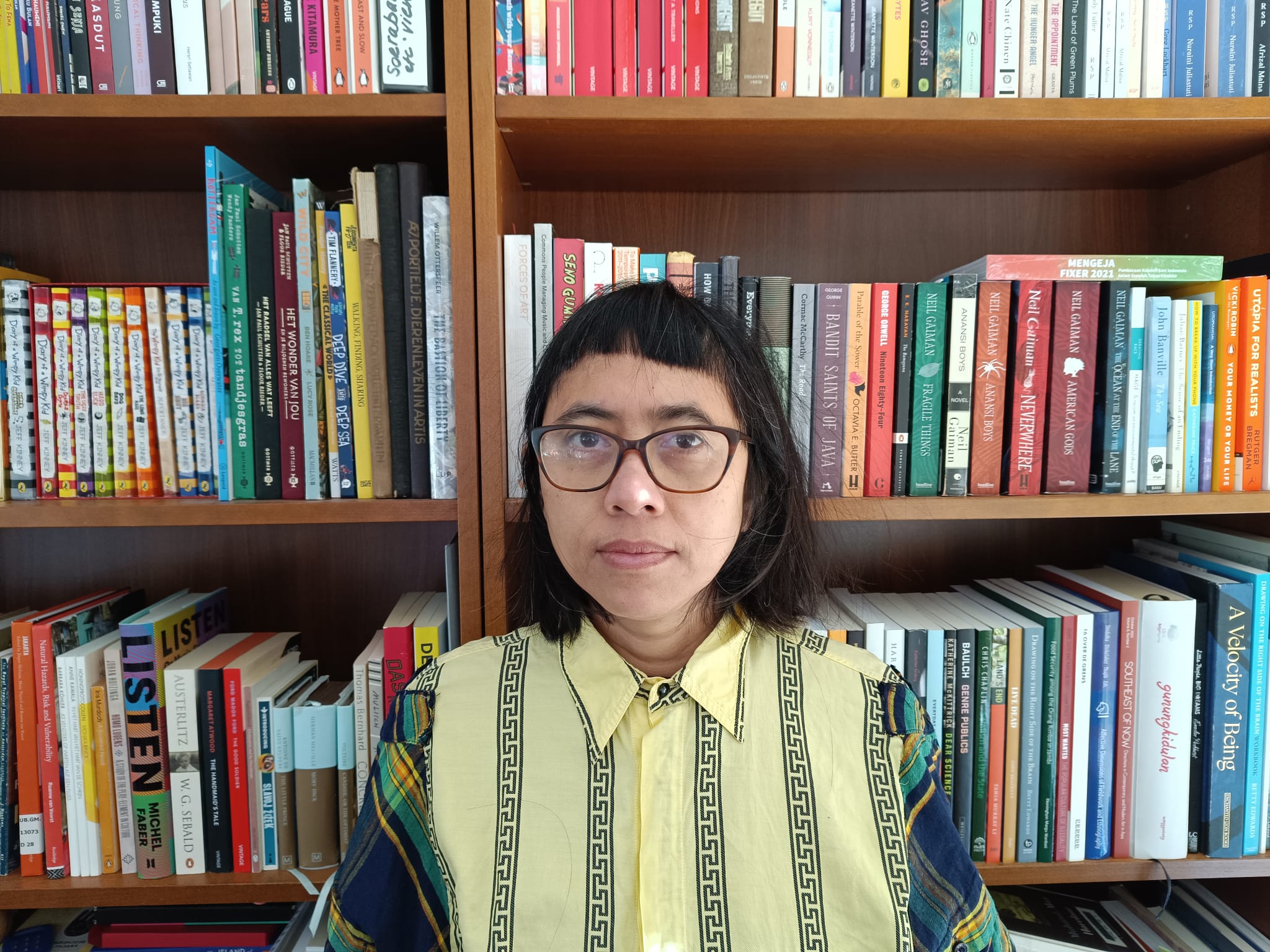
Nuraini Juliastuti will be a visiting fellow for the first half of 2024. She is a translocal practising researcher and writer who focusses on art organisations, activism, illegality, alternative cultural production and unofficial, everyday practices of vernacular archiving.
In 1999, Nuraini had co-founded the Kunci Study Forum & Collective in Yogyakarta, Indonesia. During its first decade, Kunci contributed to the public discourse on the arts and culture in post-1998 Indonesia by publishing Newsletter Kunci and a mailing list. Since 2016, Kunci has established instead a long-term project, the School of Improper Education.
Nuraini took up a postdoctoral fellowship under the Worlding Public Culture: Art and Social Innovation project (2020-2022) where she produced a chapbook manuscript Commons Museums: Pedagogies for Taking Ownership of What is Lost (ICI Berlin Press, forthcoming 2024). In 2022, Nuraini conducted a research commission from the Amsterdam based arts organisation If I Can’t Dance, I Don’t Want To Be Part Of Your Revolution as part of Edition IX–Bodies and Technologies. Taking the storytelling dimension of the ‘commons museums’ practices further, Nuraini developed a script where storytelling is activated as a form of archival technology and used as intergenerational knowledge transmission. The script Stories of Wounds and Wonder is published by the If I Can’t Dance accompanied with the workshop and Display Companion — an exhibition of the archives related to the book making in Framer Framed in February 2024,
During her fellowship at the Research Center for Material Culture, Nuraini will be exploring ideas around the exhibition of Indonesian objects in the museum, including to re-arranging and re-telling the objects. It includes the contribution to the development of the new collections policy within the museum.
To align with the interdisciplinary character of the museum’s Research Center for Material Culture, Nuraini will produce a research article based on her concept of ‘Museum of Agriculture for Multiple Beings’. The Museum of Agriculture for Multiple Beings (MAMB) is imagined as a temporary museum to establish non-extractive attitude as the community research methodology and knowledge production. Throughout the duration of fellowship, the organisation of the MAMB will be tested and tried out in the formats of conversation series, reading sessions, writing annotations, reproductions and storytelling events.
